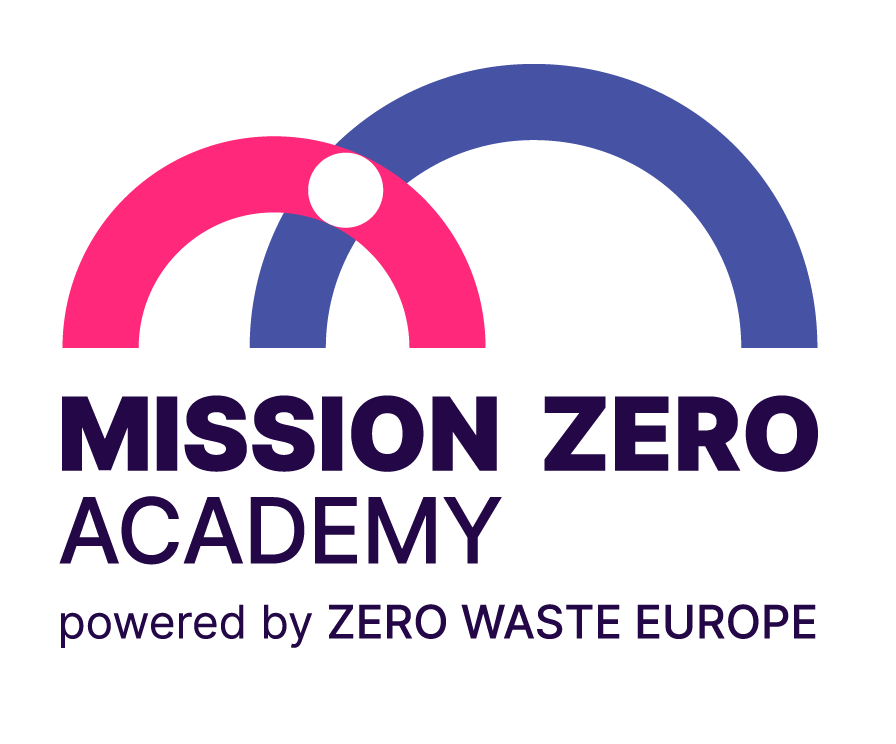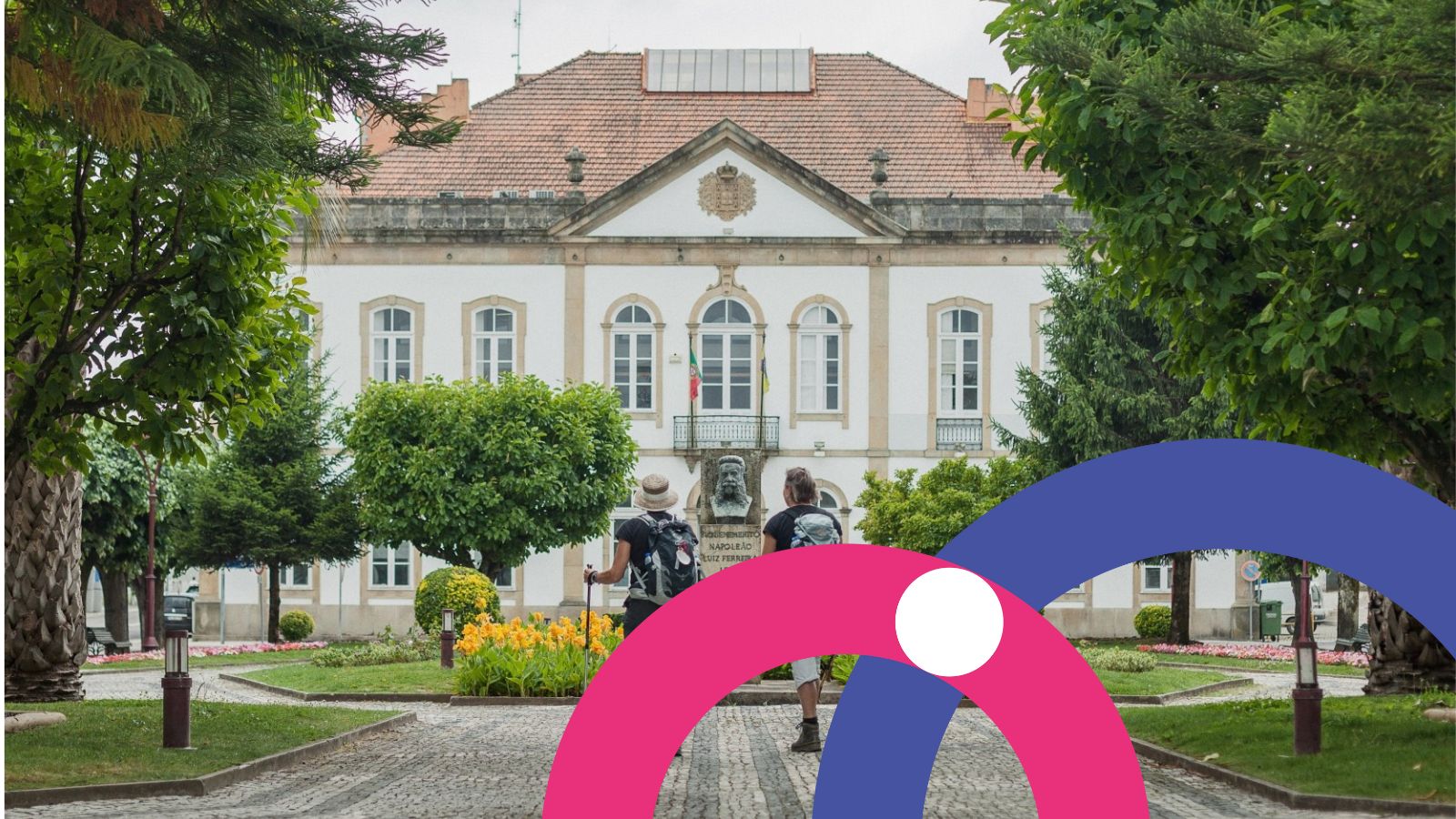Albergaria-a-Velha, 3 April – Albergaria-a-Velha has joined the ranks of candidate zero waste municipalities alongside Corvo, Guimarães, and São João da Madeira and Vila de Rei.
The Municipality of Albergaria-a-Velha has publicly committed to obtaining Zero Waste Cities Certification from Mission Zero Academy’s (MiZA), following in the footsteps of four other Portuguese municipalities. The announcement coincided with International Day of Zero Waste on March 30.
As part of its “Albergaria-a-Verde” sustainability strategy, the municipality is implementing a series of actions to improve the environmental performance of local environmental policies. These include awareness-raising, as well as a commitment to publicising environmental content on the municipality’s social networks.
In September 2021, the To Be Green shop opened in the heart of the city, where the community can hand in clothing and home textiles in good or recycling-grade condition. Data collected in the first year demonstrated the project’s potential, with 1,246kg of textiles collected, transformed into yarn for making new items, and 738 garments for reintroduction to the market. The project has shown its capacity to grow from the start, doubling the amount collected in 2023 to 2,456 kg.
In addition, in 2021, 172kg of masks (equivalent to around 50,000 units) were collected in 13 bins made available by the municipality at schools, non-profits, and other establishments. Among other things, these stocked 5,000 clothes racks used by To Be Green in its network of shops nationwide. The collection continued until 2023 but with lower numbers due to the reduction in the use of masks.
In line with these results, the Zero Waste Plan recently drawn up under the municipality’s Action Plan for 2030 (PAPERSU) is committed to tackling the textile waste stream through collection, recycling, and reusing textile products. The aim is to collect around 300 tonnes by 2030. Customised curbside containers will guarantee the collection. For example, the system will be reinforced with drop-off and collection points at the municipal warehouse. This will strengthen the ability to reincorporate textiles into the commercial market.
On average, textiles make up 5% of municipal waste, while sanitary textiles like nappies and feminine hygiene products account for roughly twice that number, standing at 9-10%. The municipality opted to include in the plan above the implementation of a pilot communication campaign to promote reusable and biodegradable menstrual products.
The focus on separate collection of specific waste streams and reuse does not mean that significant investments are planned to increase the take-back of recyclables such as paper, cardboard, plastic, metal, and glass packaging. The door-to-door collection of recyclables for non-household users like the hospitality sector will be complemented by bio-waste collection. In a second phase, this bio-waste collection will be extended to domestic users once the municipality has properly planned the collection process.
The implementation of the “Albergaria Zero Waste” project will be monitored by ZERO and supported by the local environmental association Bioliving.
ENDS
Notes to the Editor
- A leaflet was also made available to inform people of Albergaria-a-Velha about the destinations of materials in their homes, making it easier to manage them and send them for recycling, reuse, or other destinations, which can be found here.
- In addition, various measures are planned to prevent and promote reuse and recycling:
- Promotion of the campaign to combat food waste Aqui, Fruta Feia não vai ao Lixo! (Here, Ugly Fruit Doesn’t Go to Waste!), in which the operators of the Municipal Market, at the end of the market, place fruit and vegetables that are no longer saleable in baskets. These surpluses are sent to social solidarity organizations.
- Pilot communication campaign to promote reusable and biodegradable menstrual products.
- Creation of repair points for used furniture and small household appliances.
- Selective door-to-door collection of biowaste from 210 non-domestic users (restaurants, canteens, and the like) with SAYT (Save-As-You-Throw) pricing to encourage adherence to and consolidation of the recommended practices of separation at source and selective disposal of biowaste. This fraction represents around 840 tonnes (21% of the bio-waste produced), with the forecast of capturing 75% (630 tonnes). Investment: 1 collection vehicle, 210 120-litre containers, and software for reading RFID identifiers.
- Investment in a door-to-door separate collection system for food bio-waste from domestic users associated with a SAYT (Save-As-You-Throw) charging system. Delivery of 40 (8790) and 800 (1758) containers. Expected catch of 1036 of 2000 tonnes.
- House composting as a complementary treatment method to bio-waste collection. By 2030, 3341 composters will be delivered to households in all parishes, and community composting will be provided to 240 households (8 community composters), as well as the corresponding training and capacity-building actions for municipal technicians and system users.
- The Zero Waste Certification is made up of 5 steps: (i) the expression of interest in being Zero Waste by the municipality, (ii) the commitment to be Zero Waste, (iii) the implementation of this system, (iv) its certification and (v) the performance of annual improvements. The overcoming of each of these steps is given with the support and advice of expert entities in the fields of waste and resource management. The evaluation for certification is developed around a scoring system, which includes mandatory criteria and optional scoring criteria.
- Scoring criteria are scored based on the ambition and impact of each implemented policy. The sum of the points defines the level of certification of the municipality and its subsequent number of ‘stars’.
- Subsequent to Certification, municipalities must monitor their activity and make annual improvements to enhance the results achieved. Every 3 years they are subject to new audits.
Press contacts
Sean Flynn, Media Outreach & Communications Officer at Zero Waste Europe, sean@zerowasteeurope.eu or news@zerowasteeurope.eu / +32 471 96 55 93
Ismael Casotti / ismael.casotti@zero.ong / +351 912 777 618





